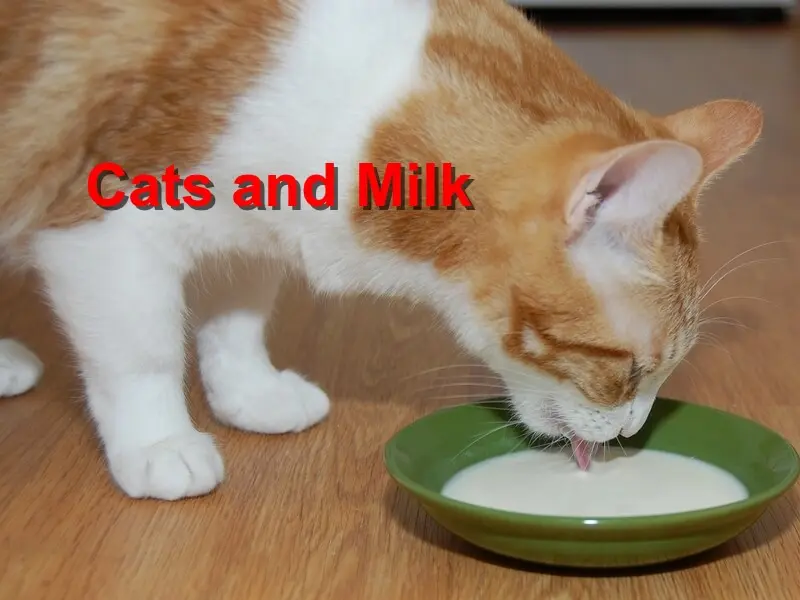Cats and Milk
Before we discuss whether cats should drink milk, you need to first understand how a cat’s digestive system works. Essentially, a cat’s digestive system is always changing depending on the quantity of fat, sugars and protein it ingests. For instance, when cats are lactating, infants often produce a lot of lactase, the enzyme that helps in digesting lactose. During the winning process, the kitten’s can become lactose intolerant since it reduces its lactase production. Although they can digest milk properly, milk should not be the cat’s main diet.
As they mature, you need to incorporate more solid foods that contain essential proteins, vitamins and nutrients needed for optimum growth.
Is it okay for cats to dairy milk?
As mentioned above, cats usually become lactose intolerant after weaning. Since they progressively reduce the production of the enzyme responsible for digesting lactose, they can experience digestive problems when they ingest milk.
Common symptoms of lactose intolerance in cats include:
Gas
Diarrhea
Nausea and vomiting
Swelling of the stomach
So, when you offer your cat some milk and observer these signs, then your cat is probably intolerant. You can replace the diet and feed your cat solid foods as an alternative. Although rare, your cat might have an allergic reaction to lactose. If it’s an allergy, the cat’s immune system may develop hypersensitivity after ingesting milk. Milk allergy can produce the symptoms below:
Vomiting
Coughing
Difficulty breathing
Itching
If your cat has an allergic reaction after ingesting milk, you need to consult your vet immediately. This is important especially when you notice that your cat has difficulty breathing. On the other hand, your cat may not show any of these signs and hence, can properly digest lactose. Although the cat may not have any digestive problem after drinking milk, you should always control the quantity of milk.
Is lactose-free milk healthy for your cat?
If you suspect your cat is lactose intolerant, you can offer your cat only a small quantity of milk and check if there are adverse reactions. That way, you can decide whether you should eliminate lactose from the cat’s daily regimen. You can give your cat lactose-free milk if the cat has shown symptoms of intolerance. Since cats can ingest lactose-free milk without difficulty, you never have to worry about digestive problems. Remember that moderation is key when feeding your cat.
Conclusion
When your cat shows severe symptoms, you need to visit your local vet as soon as possible to contain the problem.
References: Pet health network , Animal wised, RD




